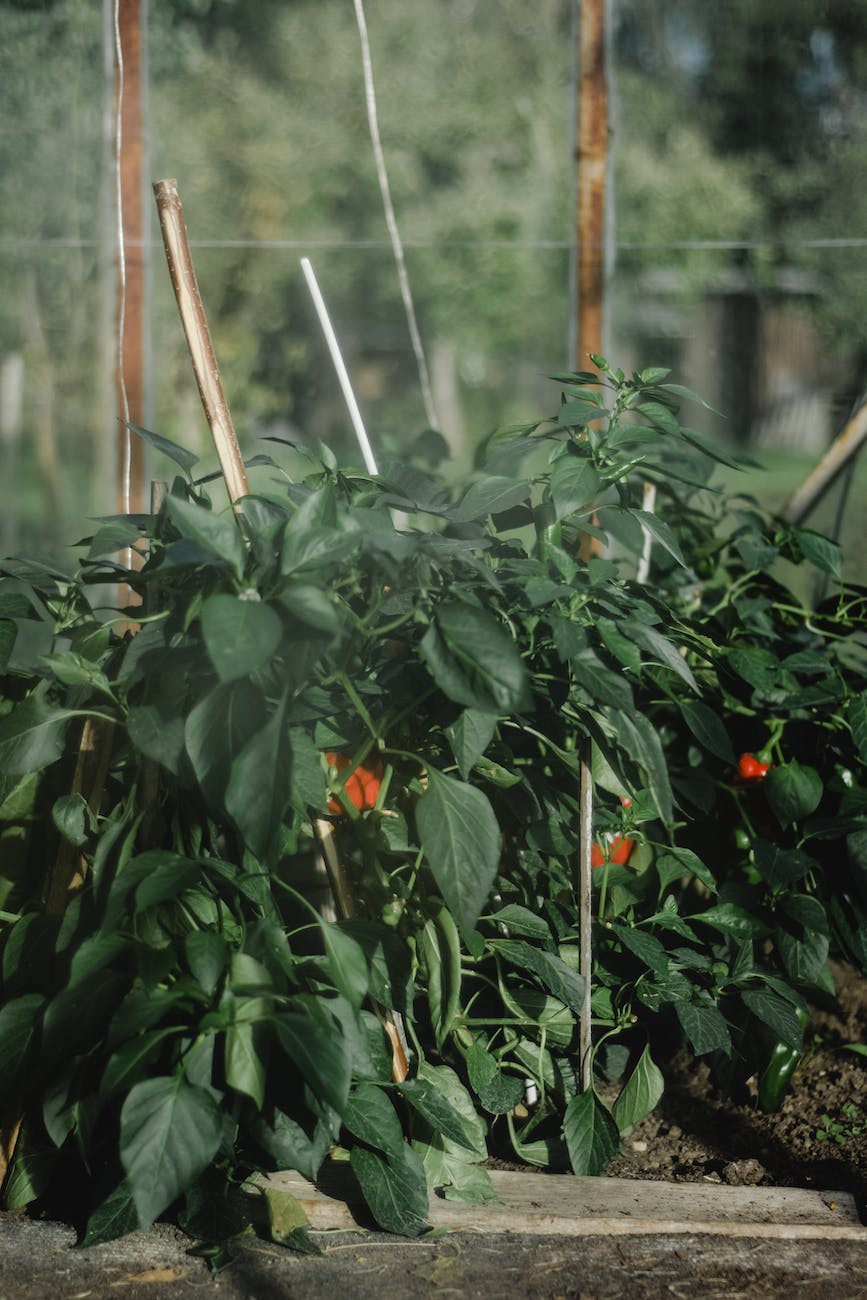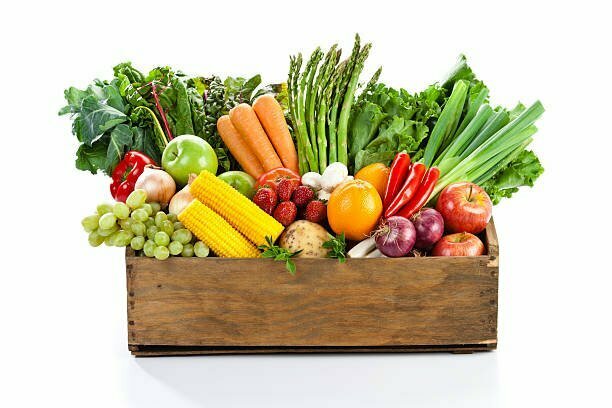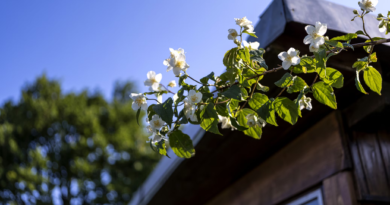The Fun and Fulfilling Benefits of Allotment Gardening
Are you looking for a fun, fulfilling hobby that can help you connect with nature and grow your own fresh, delicious food? Then look no further than allotment gardening!
An allotment is a plot of land that is rented out to individuals or families to grow their own food. Allotments have been around for over a century, and they offer many benefits, both for your health and for the environment.
Here are some of the top reasons why you should start your own allotment:
- Health Benefits:
Allotment gardening can provide a variety of physical and mental health benefits. Engaging in gardening activities like digging, planting, weeding, and watering can provide a low-impact workout and help build strength and flexibility. Gardening also provides an opportunity to get fresh air and sunshine, which can boost vitamin D levels and help improve mood. In addition, growing and eating fresh produce can provide essential nutrients that contribute to overall health and well-being. - Sustainable Living:
Allotment gardening can help promote sustainability by reducing the carbon footprint associated with food production and transportation. By growing and consuming local and seasonal produce, allotment gardeners can reduce the energy and resources needed to transport food from other regions or countries. Additionally, by using organic methods of farming, gardeners can avoid the use of chemical fertilizers and pesticides that can harm the environment. - Community Building:
Allotment gardening can help build a sense of community by providing a shared space for people to come together and socialize. Community gardening projects can bring people of all ages and backgrounds together, allowing them to share knowledge and skills, work together to maintain the garden, and enjoy the fruits of their labor. Allotment gardens can also be a great place to host community events and activities. - Education:
Allotment gardening provides an opportunity for individuals to learn about gardening, composting, and organic farming techniques. It can also be a great way to teach children about where food comes from and the importance of sustainability. Many allotment gardens offer educational programs and workshops on a variety of topics related to gardening and sustainable living. - Cost-Effective:
Allotment gardening can save money on groceries by providing fresh produce, herbs, and flowers. Growing your own food can be much cheaper than buying it from a grocery store or farmers’ market. Additionally, by reducing food waste and consuming what is grown, gardeners can save money and reduce their environmental impact. - Environmental Benefits:
Allotment gardening can contribute to environmental sustainability by using organic methods of farming, reducing the use of pesticides and fertilisers, and increasing biodiversity in urban areas. By using compost and other natural fertilizers, gardeners can improve soil health and reduce the need for synthetic chemicals that can harm the environment. Allotment gardens can also help increase biodiversity by providing habitat for birds, insects, and other wildlife. - Food Security:
Allotment gardening can contribute to food security by providing access to fresh produce and reducing the distance that food travels from farm to table. By growing and consuming local and seasonal produce, gardeners can reduce their reliance on food that is transported long distances, which can be expensive and have a high carbon footprint. Additionally, by providing access to fresh, healthy food, allotment gardens can help improve the nutrition and health of local communities.

Allotment gardening is a rewarding activity that provides a range of benefits for individuals, communities, and the environment. By cultivating small plots of land, gardeners can enjoy the physical and mental health benefits of gardening, promote sustainability and community building, and contribute to food security and environmental conservation. With the rise of urbanization and the need for sustainable food production, allotment gardening is becoming an increasingly popular activity that offers a range of rewards for those who take part. Whether you’re a seasoned gardener or just starting out, allotment gardening is an enjoyable and fulfilling way to connect with the natural world, support your local community, and promote a healthier, more sustainable way of life.




